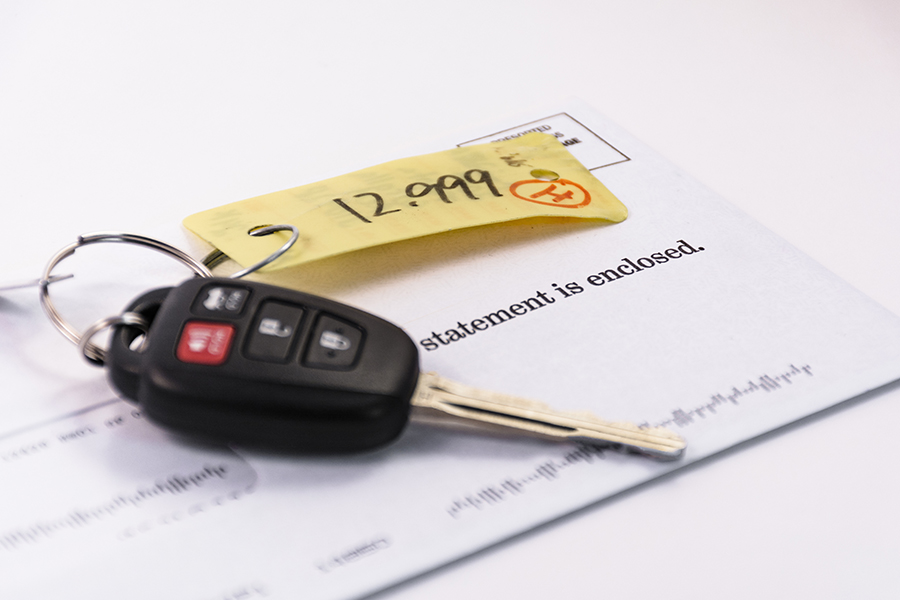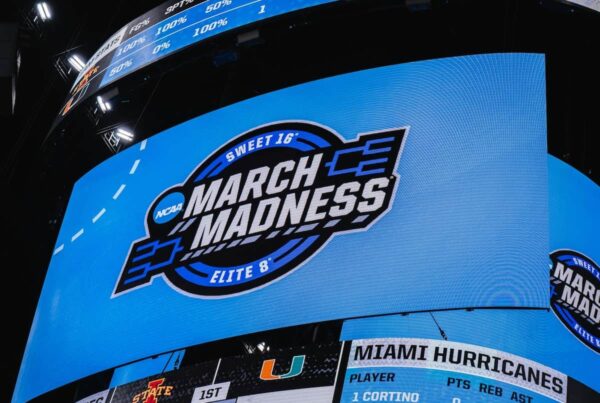If you’re in the market for another car, you might be looking for a certified pre-owned vehicle, but do you know what the term “certified” means? When dealers use this term, this usually means that the vehicle has been vetted to a certain set of standards and deemed to be of better quality than other vehicles of the same make and model on the road. Unfortunately, that isn’t always the case.
What Does Certified Pre-Owned Mean?
Different dealers handle certification for pre-owned vehicles differently. For example, Toyota requires a 160-point certification for all non-hybrids. This may make you think that if it passes, then the car is like new, right? Wrong. You can never make a used car new again. No matter how carefully the vehicle is inspected, there is still the potential for mechanical failures and issues. While certification reduces the risk, it cannot 100% prevent issues from occurring.
One other factor you should take into consideration is the price. Certified pre-owned vehicles are going to be higher in price. A portion of the price is due to the cost of the inspection itself. Should there be an issue, the repairs will also cost money. Dealers must also pay a fee to the manufacturer to participate in a certified pre-owned program. Finally, extra fees are added to give those who purchase these vehicles a warranty.
What are the Advantages of a Certified Pre-Owned Vehicle?
While a certified pre-owned car may seem like nothing but cons at this point, there are a few pros. For one, the warranty can give you peace of mind. Depending on what you choose to have covered, your certified pre-owned vehicle may last longer.
For example, when you get a used car, there is usually no warranty. You purchase it “as-is.” If a cinderblock falls in the middle of the road and you run over it, damaging your wheel, you have to purchase a new one out of your own pocket. However, some certified pre-owned vehicles come with road hazard coverage, which will pay for this type of damage. Some major mechanical issues are also covered, depending on which company you purchase the vehicle from.
Is it Worth It?
In the long run, purchasing a certified pre-owned vehicle may potentially save you a lot of money. The inspection may be able to find major issues with the vehicle that you wouldn’t have otherwise known before purchasing. Remember that each manufacturer will have its own program. Kelley Blue Book has a comparison of programs, which allows you to view the length of the warranty, any additional benefits, warranty deductibles, and other types of information.
To answer the question of whether or not a certified pre-owned car is worth it, you have to measure the pros and cons. While the cost is more, and some certification programs may be lacking, the peace of mind you receive may outweigh the cost of the proper program. If you do choose to purchase one of these cars, you should always read the fine print before signing any contract. If there are any questions about what you’re covered for, ask for a list in writing so you can refer to it at a later date. Go in knowledgeable about the certification programs and you’ll likely end up with a good deal.





